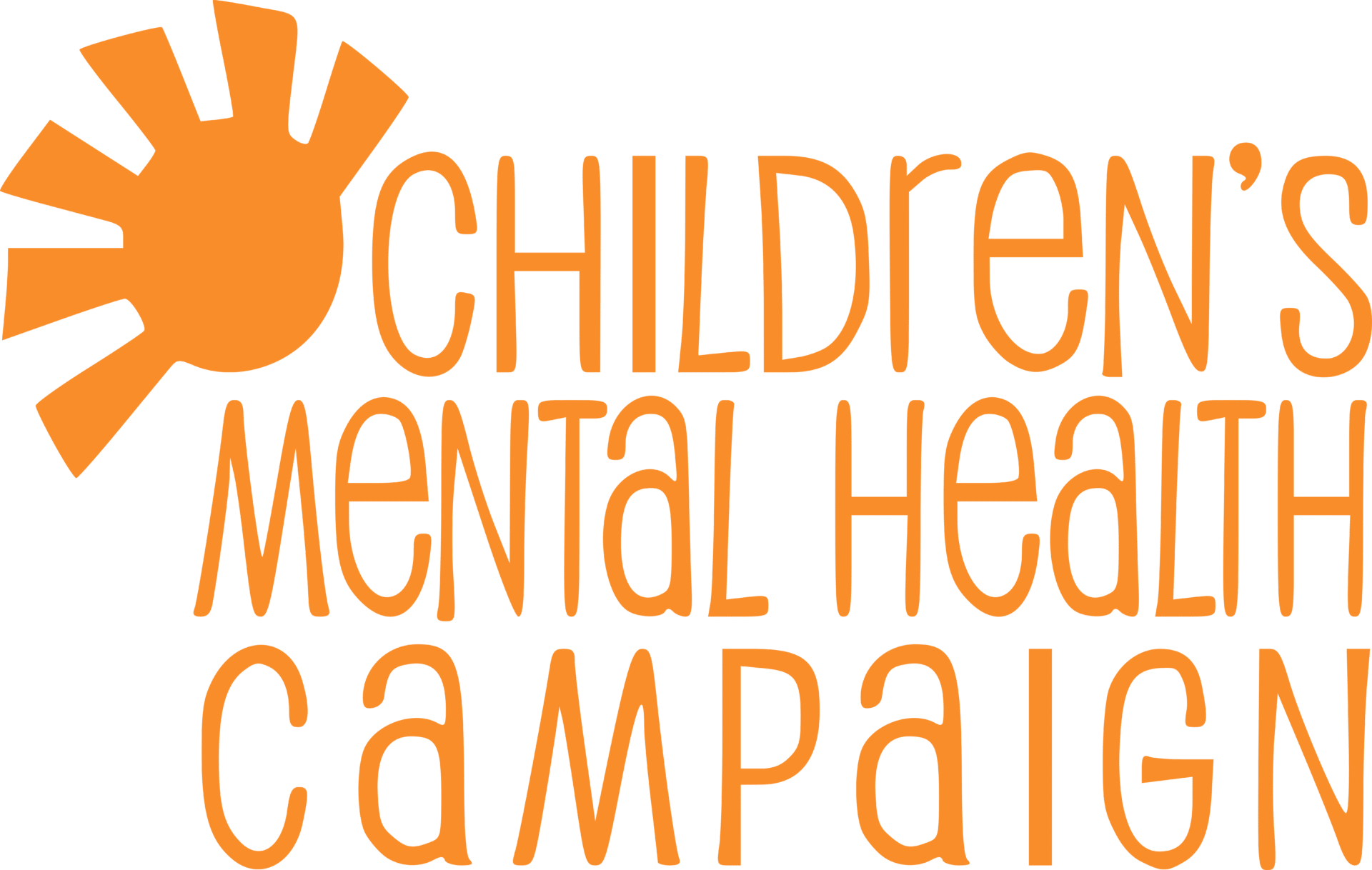Adolescent Substance Use Prevention
Schools are an important potential point of screening and intervention for students who are at risk of drug or alcohol use. In 2016, Massachusetts became the first state to mandate verbal substance use screenings in all middle and high schools. This was a result of the work of the Children’s Mental Health Campaign through its Addiction Free Futures Project. This effort combines cost-effective screening, brief intervention and referral to treatment with the power of consumer-led advocacy. Read more about Substance Use Treatment, Education and Prevention Act (STEP Act).
Adolescent Substance Use
2020 research from the National Institute on Drug Abuse found that a significant percentage of youth use alcohol and drugs: 34.5% of 12th graders used nicotine vapes with 11.6% reporting daily use. 35.2% of 12th graders and almost 12% of 8th graders have reported using marijuana in the past year. Misuse of amphetamines, inhalants, and cough medicine have trended upwards with 6.1% of 8th graders reporting misuse of inhalants, 5.3% reporting misuse of amphetamines, and 4.6% reporting misuse of cough medicine, up from 3.5%, 3.8%. and 1.6% in 2015, respectively.
People are using at higher rates, and they’re starting at an earlier age. The younger an individual is the first time they use alcohol or drugs, the more likely they are to struggle with addiction later in life.
Studies show that between 40-50% of teens who start drinking before the age of 15 will struggle with alcohol or other significant drug problems later in life.
The Approach: Screening, brief intervention, and referral to treatment (SBIRT)
Through Screening, brief intervention, and referral to treatment (SBIRT), we can begin to have frank, sensitive discussions with adolescents at a time when they may be more receptive and amenable to change. And, when we’re able to have honest conversations with young people about alcohol and drugs, we can help them stay on the path to a bright future—or get back on track if they need help.
From childhood into young adulthood, screening and counseling are well-established best practices for helping young people choose healthy paths.
- Screening through questionnaire is a key step in preventing young people from misusing drugs and alcohol. Studies show simply asking young people about drugs and alcohol can lead to positive behavior changes.
- In young people, brief interventions reduce alcohol misuse. Young people respond to brief counseling by drinking less often and reducing the number of drinks consumed at one time. Brief interventions also ease alcohol-related consequences, like skipping school or fighting with friends or family because of alcohol.
- Brief interventions can help curb drug use among young people. Recent studies show brief interventions delivered in a primary care office, emergency department, or a school setting, reduce marijuana use among adolescents.
The Power of Prevention: Using SBIRT with Young People
Community Catalyst Video companion: Frequently Asked Questions
Community Catalyst "True Talk: Power of Prevention" Initiative
Massachusetts was one of five states selected to take part in the national initiative run by Community Catalyst, a national nonprofit advocacy organization based in Boston, and supported by a $2.5 million grant from the Conrad N. Hilton Foundation, which will be paired with $1.7 million from other sources. The work in Massachusetts is also supported by a grant from The Peter and Elizabeth C. Tower Foundation. The other four states are Georgia, New Jersey, Ohio and Wisconsin.
This innovative project aims to expand efforts developed and tested by Boston Children’s Hospital, Boston University/Boston Medical Center, and the Department of Public Health by improving insurance coverage for early screening and intervention services, increasing the number and types of locations where youth can access those services, and boosting the number and type of professionals who can conduct screening and brief intervention. The project will be a multifaceted public campaign, bringing together experts and a variety of advocates that care about this issue. Partners will include youth organizations, parent groups, teachers, the recovery community, faith groups and health care providers.
The project leadership team includes adults and youth from MSPCC, PPAL, Massachusetts Organization for Addiction Recovery (MOAR), Learn to Cope, Massachusetts Screening, Brief Intervention and Referral to Treatment – Training & Technical Assistance (MASBIRT-TTA), Heath Care for All, Hope Coalition of Worcester (Healthy Options for Prevention and Education), Students Against Destructive Decisions, Massachusetts Chapter (SADD), and Recovery Inc./Justice Resource Institute.
Lunch & Learn: Substance Use Prevention & Return to School / September 29th, 2021
ADOLESCENT SUBSTANCE USE & RETURN TO SCHOOL
On Wednesday, September 29th, 2021, the Campaign was joined by Dr. Kevin Simon, and Alex Heinz, LICSW, MPH to discuss adolescent substance use. After a year and a half of disruptions, isolation, and loss, adolescents may experience a number of mixed emotions, including excitement, stress, and grief. Shortly after the pandemic began, more than 25% of high school students reported worsened emotional and mental health. While families, schools, and communities supported youth, research has found adolescents are also reporting increasing rates of substance use.


